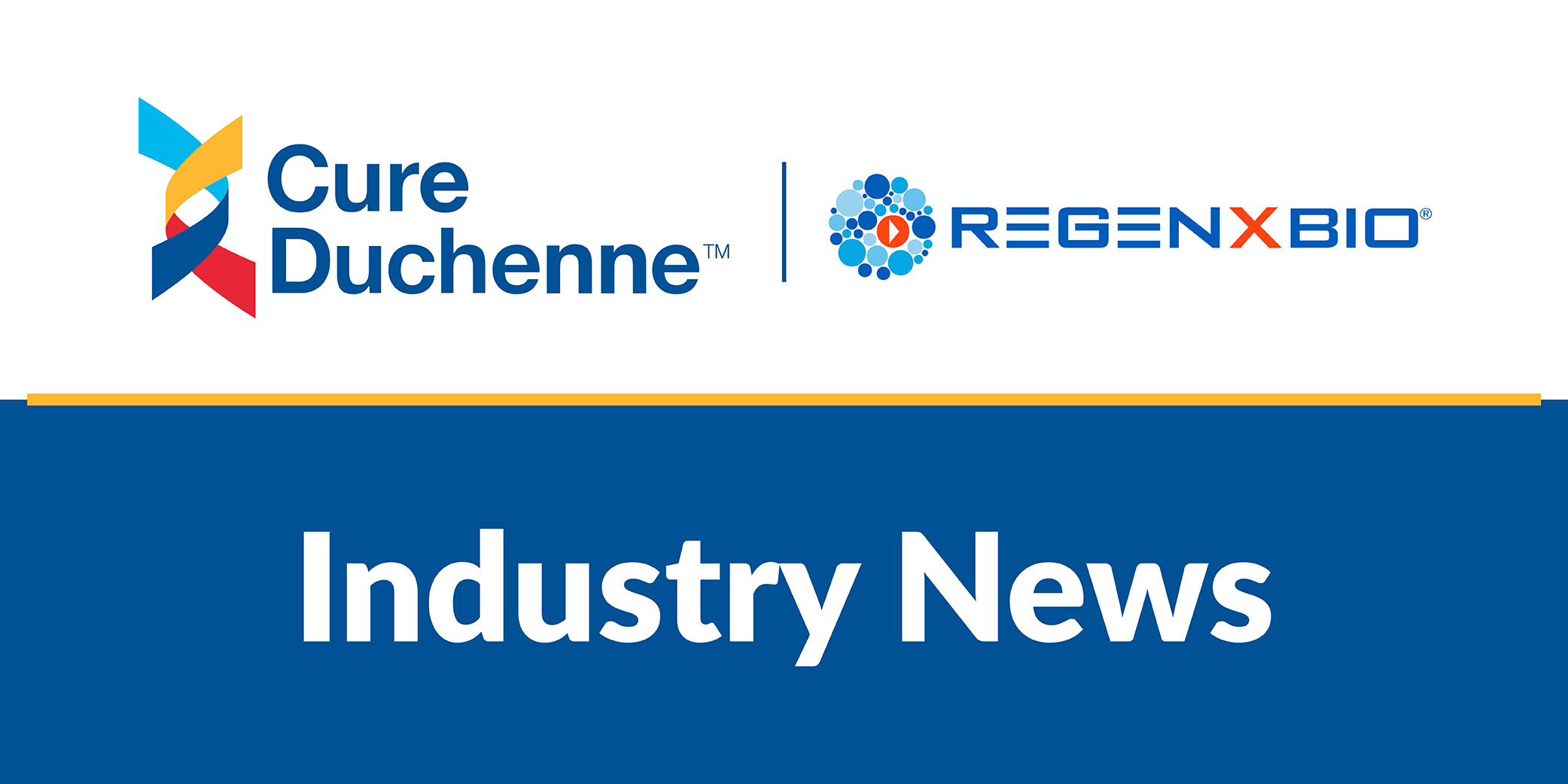Clinical Trial Clearance for Gene Therapy Drug

CureDuchenne is happy to share the news that REGENXBIO will be launching a novel gene therapy trial in Duchenne during the first half of 2022. RGX-202 aims to deliver a novel microdystrophin that includes the functional elements of the C-terminal domain found in naturally occurring dystrophin, via a proprietary NAV® AAV8 vector. The trial will be enrolling ambulatory individuals with Duchenne, aged 4 to 11 years old.
Dear members of the Duchenne community,
We are excited to share with you an important update about RGX-202, our investigational gene therapy for the treatment of Duchenne Muscular Dystrophy (Duchenne).
We have received clearance from the U.S. Food and Drug Administration (FDA) on our Investigational New Drug (IND) application for RGX-202. This means that we can move forward with initiation of our first clinical trial in boys with Duchenne where preparations are well underway. We expect this Phase I/II trial, named AFFINITY DUCHENNE™, to initiate in the first half of 2022 in the United States.
RGX-202 is designed to deliver a transgene for a novel microdystrophin that includes the functional elements of the C-Terminal (CT) domain found in naturally occurring dystrophin. RGX-202 uses REGENXBIO’s proprietary NAV® AAV8 vector. We believe that once the AAV8 vector delivers the microdystrophin transgene to muscle cells, the cells could produce the microdystrophin protein, protecting the cells from damage and, ultimately, preserving muscle function in boys with Duchenne.
Olivier Danos, Ph.D., Chief Scientific Officer at REGENXBIO, shares “I have worked in gene therapy research for decades, with many years dedicated to Duchenne research and I am thrilled that we are starting the AFFINITY DUCHENNE trial to study RGX-202, an innovative AAV investigational gene therapy, in boys with Duchenne.”
About the AFFINITY DUCHENNE Clinical Trial:
- This Phase I/II trial is a multicenter, open-label dose escalation and dose expansion clinical study designed to evaluate the safety and tolerability and clinical efficacy of a one-time intravenous dose of RGX-202.
- Two doses of RGX-202 will be studied. In the dose escalation phase of the trial, three patients are expected to be enrolled in each dose level (cohort). After an independent safety data review for each cohort, a dose expansion phase of the trial may allow for up to six additional patients to be enrolled at each dose level, for a total of up to nine patients in each dose cohort.
- We expect this trial to enroll boys ages 4 to 11 years with Duchenne who meet other study-specific entry criteria including ambulatory function and DMD gene mutation status.
- The design of the trial includes thorough safety measures, including:
- A comprehensive, short-term, prophylactic immunosuppression regimen, to proactively mitigate the potential of an immune response.
- Inclusion based on specific dystrophin gene mutation status (DMD gene mutations between exons 18 and 58)
- Clinical monitoring for safety following administration of RGX-202
- Additional clinical assessments will be performed to evaluate the efficacy of RGX-202 including measuring RGX-202 microdystrophin protein expression levels in muscles and muscle strength and function tests, including the North Star Ambulatory Assessment.
- Initial sites are expected to open in the United States, with additional sites in Canada and Europe expected to follow.
To learn more about the AFFINITY DUCHENNE trial and RGX-202, see our latest press release and visit our website. Additional clinical trial details will be available on clinicaltrials.gov in the future.
Sign up to receive updates on our RGX-202 gene therapy program for Duchenne by visiting our website (https://regenxbio.com/email-alerts.) If you have questions, you may email us any time at Duchenne@regenxbio.com.
We look forward to continuing to engage with the Duchenne community to help guide our work and sharing further updates with you.
Wishing you and your families a happy New Year.
Warm regards,
The REGENXBIO Duchenne team




